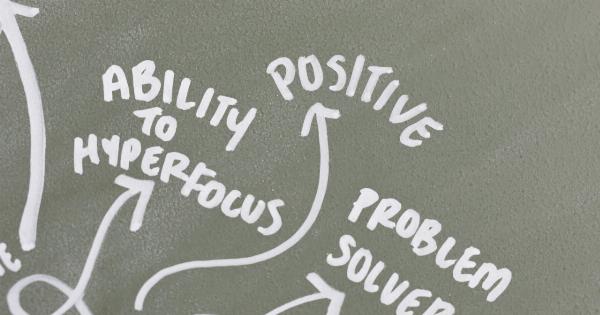Bruises are a common occurrence for many people. They usually occur as a result of some form of injury, impact, or trauma to the skin.
A bruise is essentially a blood vessel that has burst beneath the skin, causing a collection of blood in the surrounding tissue. Bruises can be painful and unsightly, and they usually go away on their own within a few weeks. However, sometimes a bruise may not go away as quickly as expected, and this can be a cause for concern.
What Causes Bruises?
Bruises are typically caused by an injury or trauma to the skin. This can include falls, collisions, or even just bumping into a hard surface.
When the skin is injured, the blood vessels beneath the skin can become damaged, and blood can leak out of these vessels and pool in the surrounding tissue. This results in a bruise, which can be anything from a small, faint mark to a large, deep purple or black area.
Why Won’t My Bruise Go Away?
Most bruises will go away on their own within a few weeks. However, there are some instances where a bruise may not heal as quickly as expected. The following are some reasons that a bruise may not go away:.
1. Poor Blood Circulation
If you have poor circulation, it may take longer for your bruise to heal. This is because blood is not flowing as efficiently to the affected area, which means that the bruise may not be receiving the nutrients and oxygen it needs to heal quickly.
2. Age
As we age, our skin becomes thinner and less elastic, which makes it more prone to bruising. Additionally, our skin loses some of the protective fat that lies beneath it, which can also make it easier to bruise.
3. Underlying Health Conditions
Certain health conditions can make it more difficult for bruises to heal. For example, if you have a blood disorder like hemophilia or von Willebrand disease, your blood may take longer to clot, which can prolong the healing process.
Additionally, certain medications like blood thinners can also make it harder for bruises to heal.
4. Repeated Trauma
If you continue to experience trauma or injury to the affected area, it can make it harder for the bruise to heal. This is because each time the area is injured, it becomes inflamed, which can slow down the healing process.
5. Infection
In rare cases, a bruise may not heal because it has become infected.
If you notice that your bruise is becoming more painful or swollen, or if you develop a fever, it’s important to seek medical attention, as you could have an infection that requires treatment.
How to Help Your Bruise Heal Faster
While some bruises may take longer to heal than others, there are some steps you can take to help speed up the healing process. Here are a few tips:.
1. Rest and Elevate
If you are experiencing a lot of pain, it’s important to rest the affected area and elevate it to improve circulation. This can help to reduce inflammation and swelling, which can make it easier for your bruise to heal.
2. Apply Ice
Applying a cold compress to the affected area can help to minimize swelling and inflammation, which can speed up the healing process. Be sure to wrap the ice pack in a cloth or towel to avoid direct contact with the skin, which can cause frostbite.
3. Use Compression
Wearing a compression bandage or wrap can also help to reduce swelling and inflammation, which can allow your bruise to heal more quickly.
However, be careful not to wrap the bandage too tightly, as this can restrict circulation and cause additional problems.
4. Take Over-the-Counter Medications
You can also take over-the-counter pain medications like acetaminophen or ibuprofen to help alleviate pain and reduce inflammation. Just be sure to follow the recommended dosages and guidelines.
5. Eat a Healthy Diet
Eating a diet that is rich in nutrients and antioxidants can help to promote healing and reduce inflammation. Be sure to include plenty of fruits, vegetables, lean proteins, and whole grains in your diet, and avoid processed foods and sugary snacks.
When to See a Doctor
While most bruises will go away on their own within a few weeks, there are some instances where it’s important to seek medical attention. If you experience any of the following symptoms, it’s important to see a doctor:.
- The bruise is very large or deep
- The bruise is accompanied by severe pain or swelling
- You have trouble moving the affected area
- You have a fever or other signs of infection
- You have a history of bleeding disorders or blood thinning medications
Conclusion
In most cases, a bruise will go away on its own within a few weeks. However, if your bruise isn’t healing as quickly as expected, there could be a number of reasons.
By understanding the underlying causes of slow-healing bruises, you can take steps to help your body heal more quickly and more effectively.



























